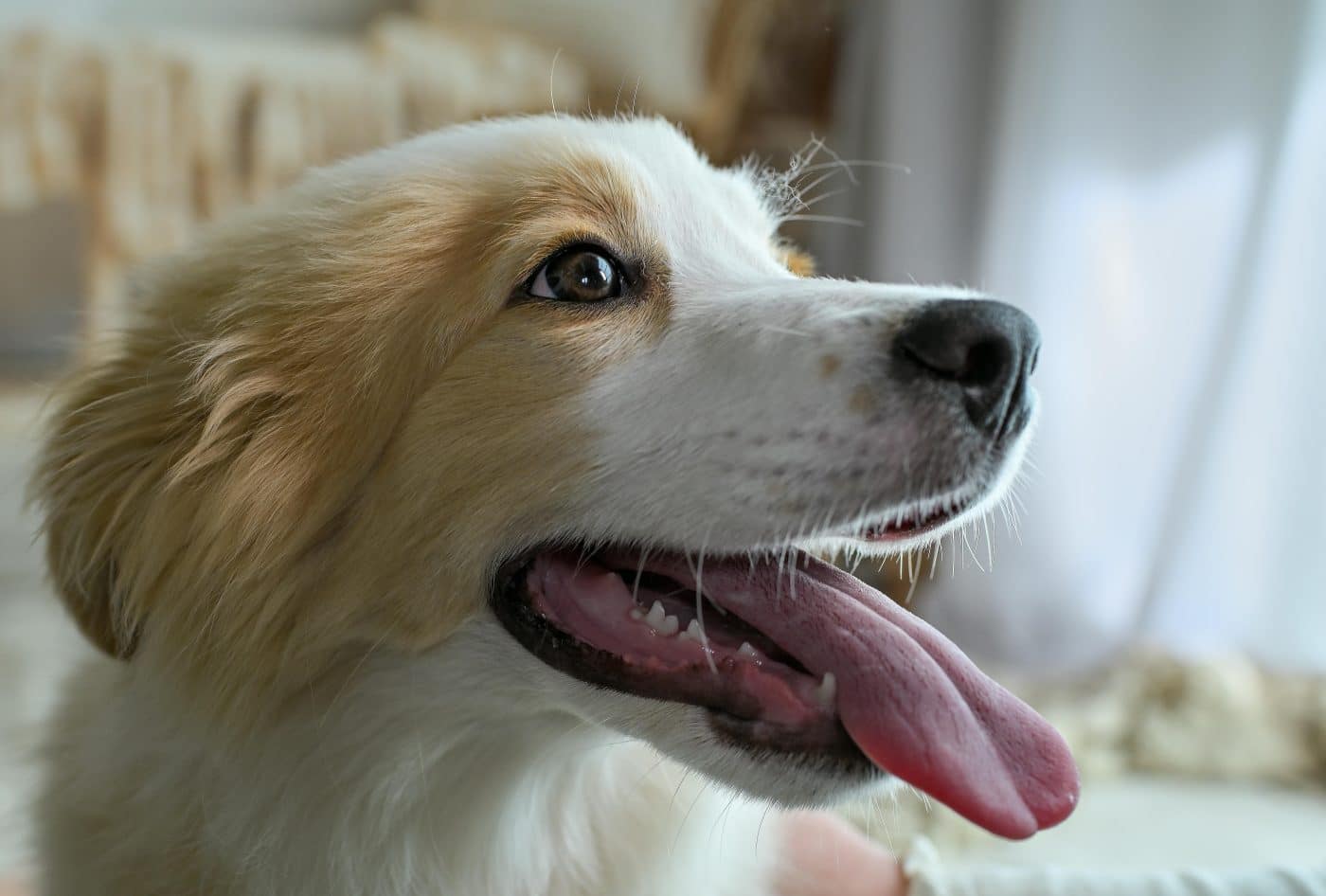 Shutterstock
Shutterstock
Dogs are creatures of habit, and any sudden change in their behavior can leave owners scratching their heads. One day, they’re their usual playful, affectionate selves; the next, they act distant, anxious, or downright bizarre. While some behavior shifts may seem random, there’s usually a reason behind them—sometimes subtle, sometimes surprising. It could be a health issue, a change in routine, or even something as simple as a new smell in the house. Since dogs can’t explain what’s bothering them, we must play detective and figure out what’s happening.
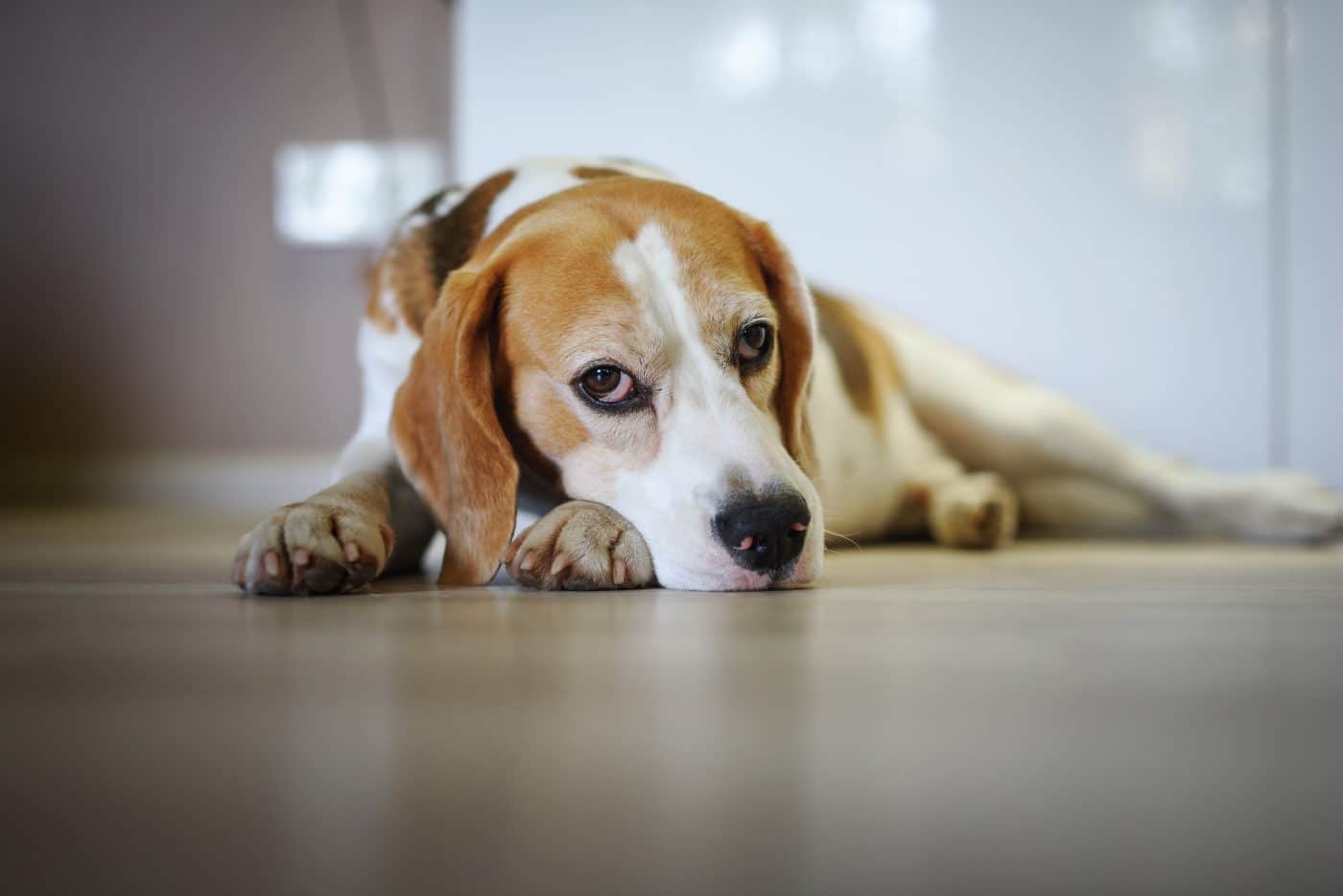 Shutterstock
Shutterstock
One of the first things to consider when your dog starts acting differently is an underlying health problem. Dogs can’t tell you when they’re in pain or feeling unwell, so their behavior is often the only clue. If your usually energetic pup seems lethargic, avoids food, or suddenly becomes irritable, it could be due to anything from an upset stomach to joint pain or even dental issues. Changes in behavior like excessive licking, whining, or hiding may also signal discomfort. A vet visit can rule out health concerns and ensure your dog gets the necessary care.
Stress or Anxiety
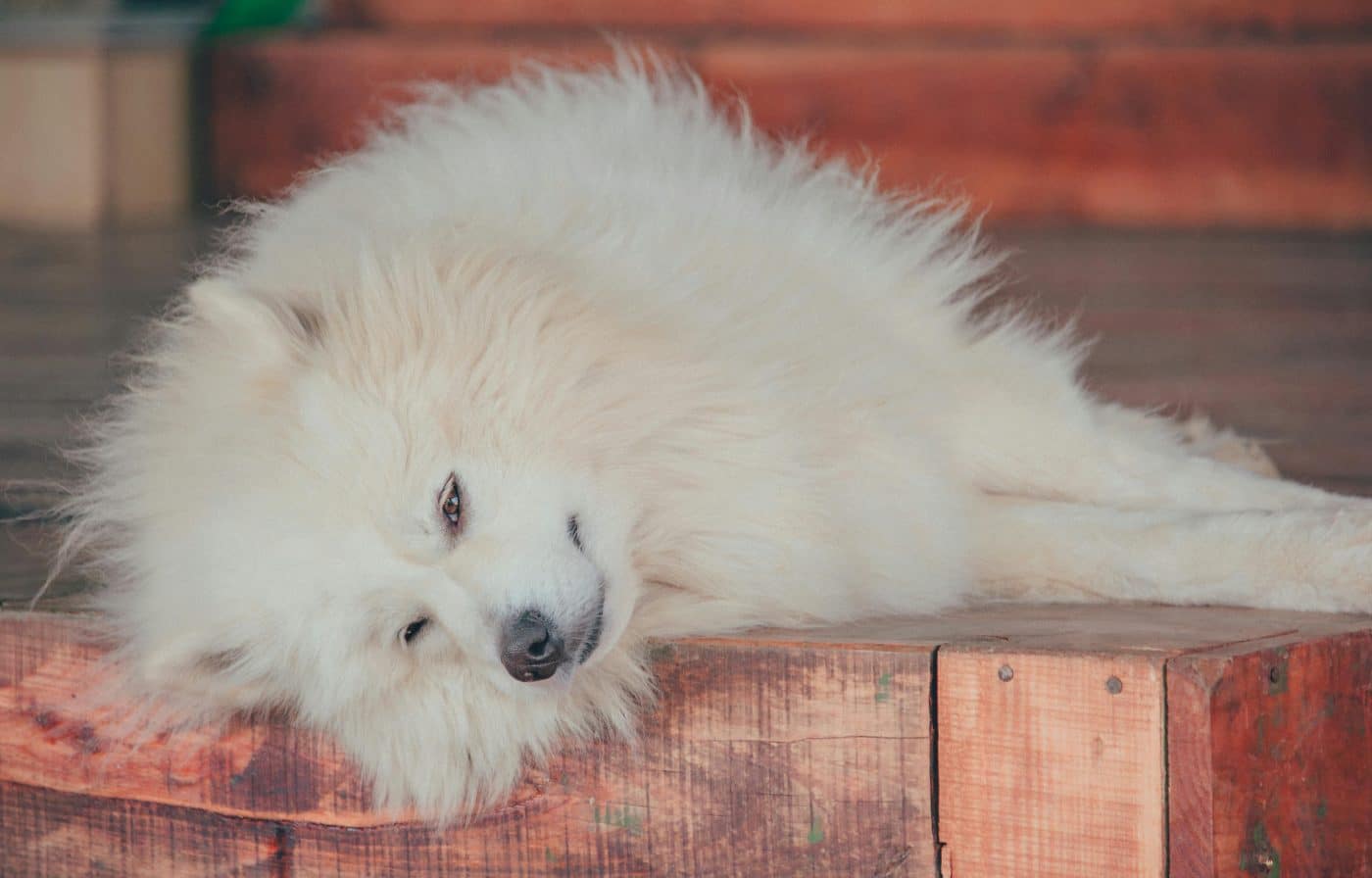 Shutterstock
Shutterstock
Dogs experience stress just like humans, and sudden behavior changes can be a response to anxiety. A move to a new home, a new family member (human or furry), or even a change in your work schedule can throw them off. Some dogs become clingier, while others may hide or act out destructively. Separation anxiety is another common stressor, especially if they suddenly spend more time alone. If stress is the culprit, providing reassurance, maintaining routines, and offering calming activities like walks and chew toys can help ease their anxiety.
Change in Routine
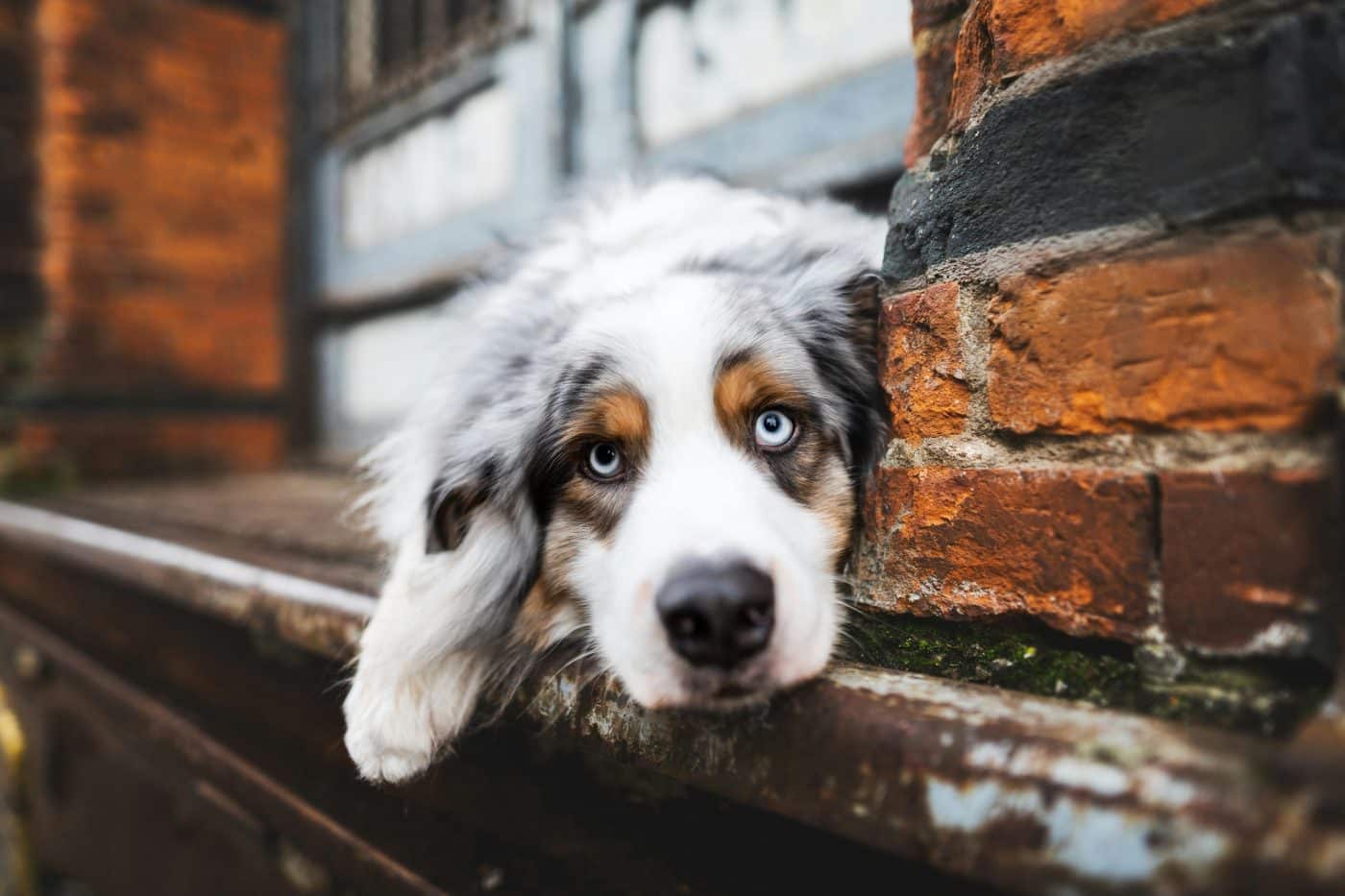 Shutterstock
Shutterstock
Dogs thrive on consistency, and any disruption in their daily routine can make them feel uneasy. Something as simple as feeding time shifting, fewer walks, or a new sleep schedule can cause behavioral shifts. If your dog suddenly seems confused, restless, or hesitant, think about any recent changes in your routine. Dogs rely on predictable patterns to feel secure, so sticking to a schedule—even on busy days—can help keep them comfortable and happy.
Reaction to a New Scent or Sound
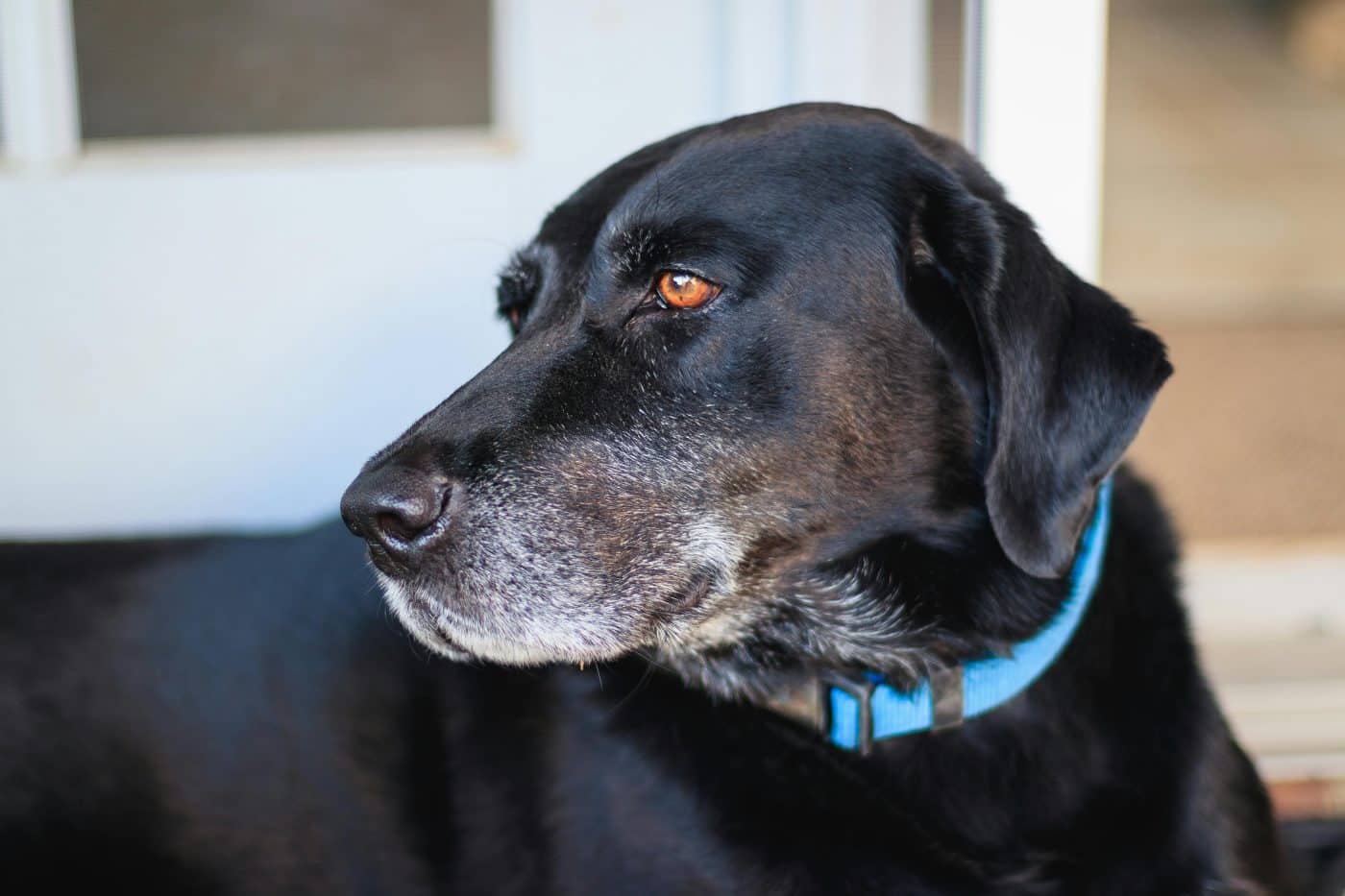 Shutterstock
Shutterstock
Dogs have incredible senses, and sometimes the reason behind their sudden change in behavior is something humans barely notice. A new candle, cleaning product, or even the scent of another animal on your clothes can confuse or stress them out. Loud sounds, like construction noise, fireworks, or even an unfamiliar appliance running, can make them uneasy. If your dog seems spooked or unusually alert, try to identify any new smells or sounds in their environment.
Boredom and Lack of Stimulation
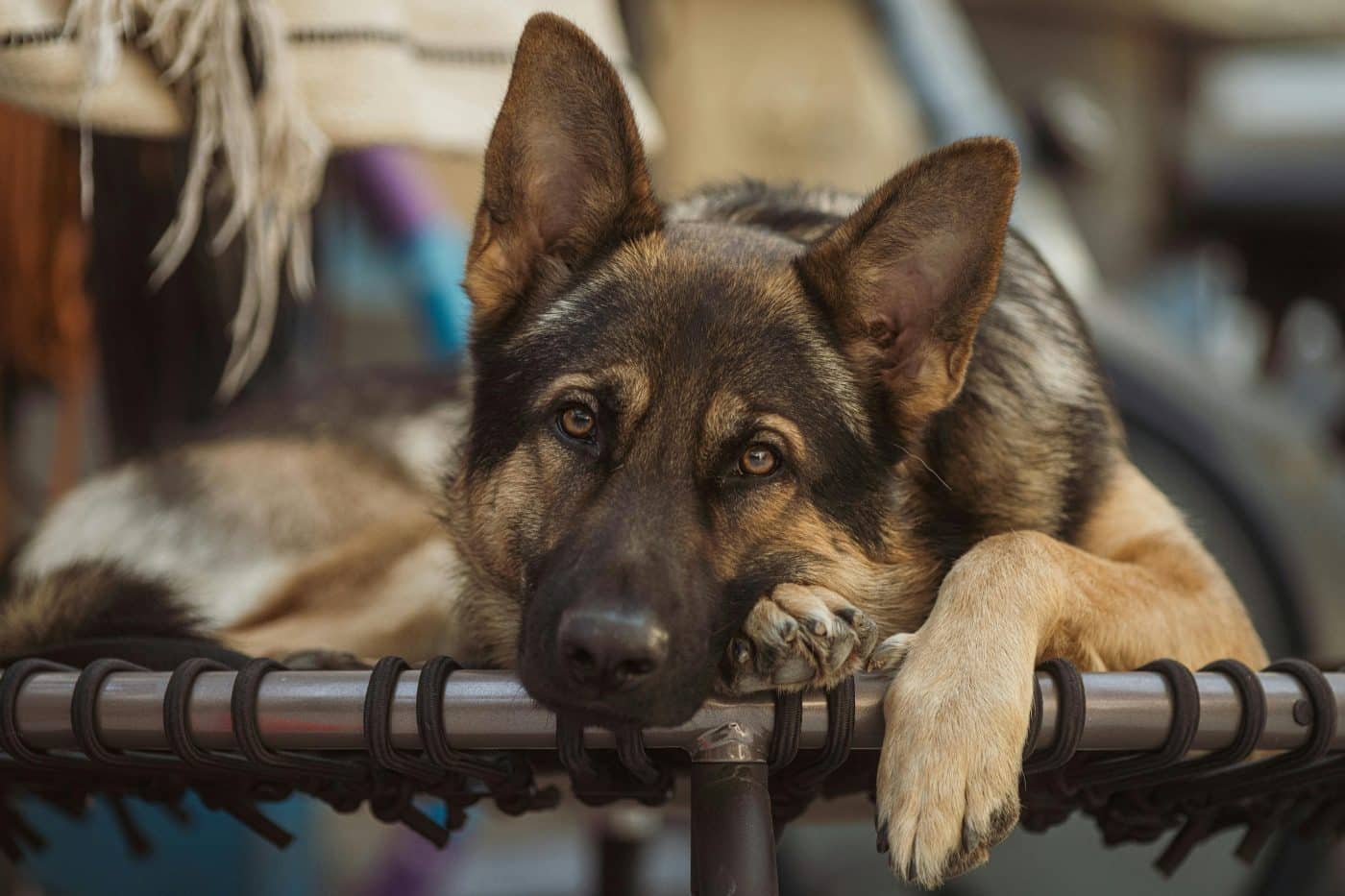 Shutterstock
Shutterstock
A bored dog is a mischievous dog. If your pup suddenly starts acting out—chewing furniture, getting into the trash, or demanding more attention—they might be bored. Dogs need both physical and mental stimulation, and when they don’t get enough, they create their own fun (usually in ways that humans don’t appreciate). Increasing playtime, adding puzzle toys, and introducing new training exercises can help redirect their energy in a positive way.
Changes in Your Behavior or Mood
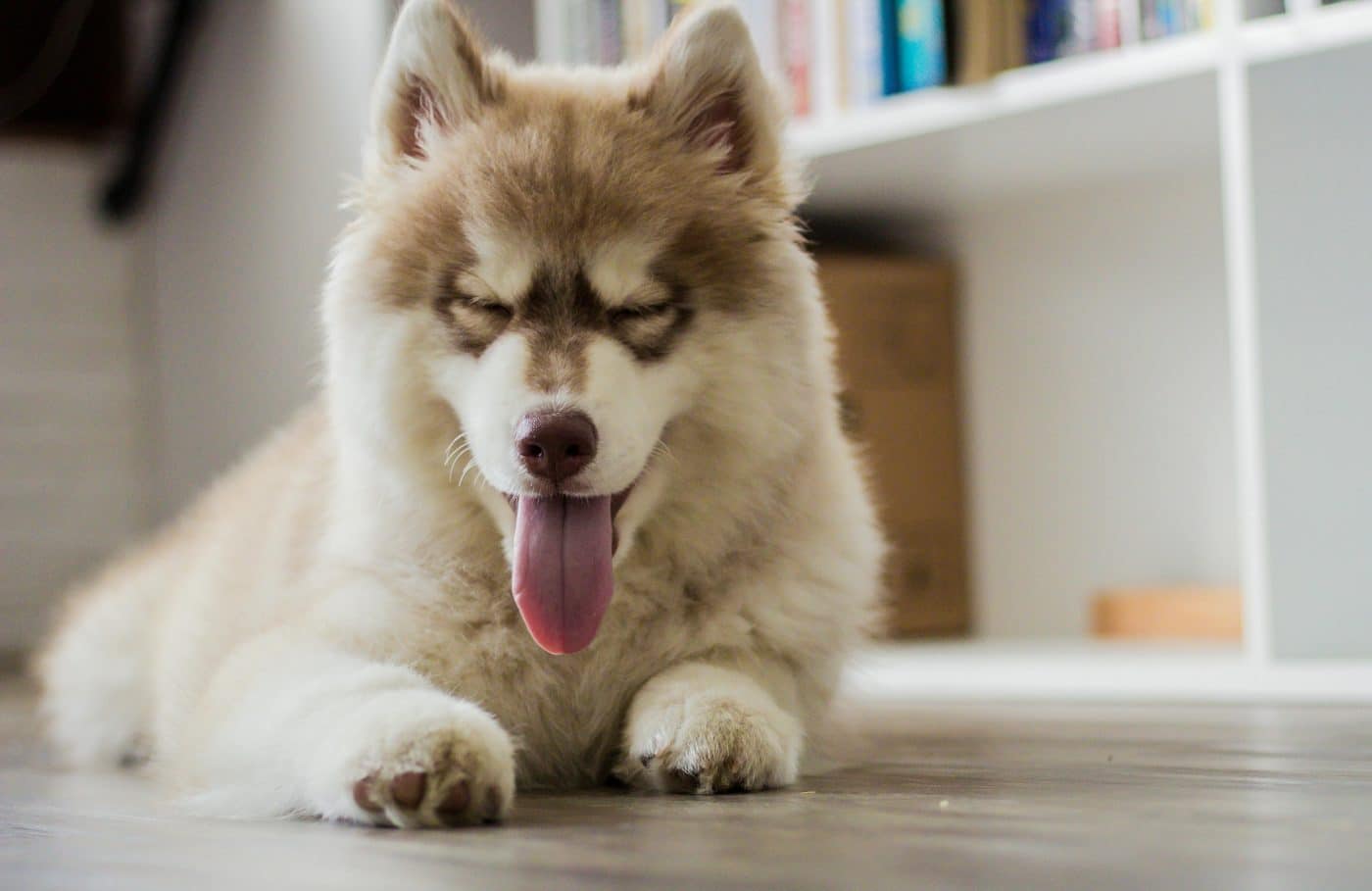 Shutterstock
Shutterstock
Dogs are incredibly in tune with their owner’s emotions and can sense when something is off. If you’ve been stressed, sad, or acting differently, your dog may respond with changes in their own behavior. They might become more protective, clingy, or even withdrawn. Some dogs mirror their owners’ moods, so if you’re feeling down, your dog might act differently to comfort you—or because they’re feeling your stress. Taking time to relax, play, and bond with your pup can help reassure them that everything is okay.
A Negative Experience They Haven’t Forgotten
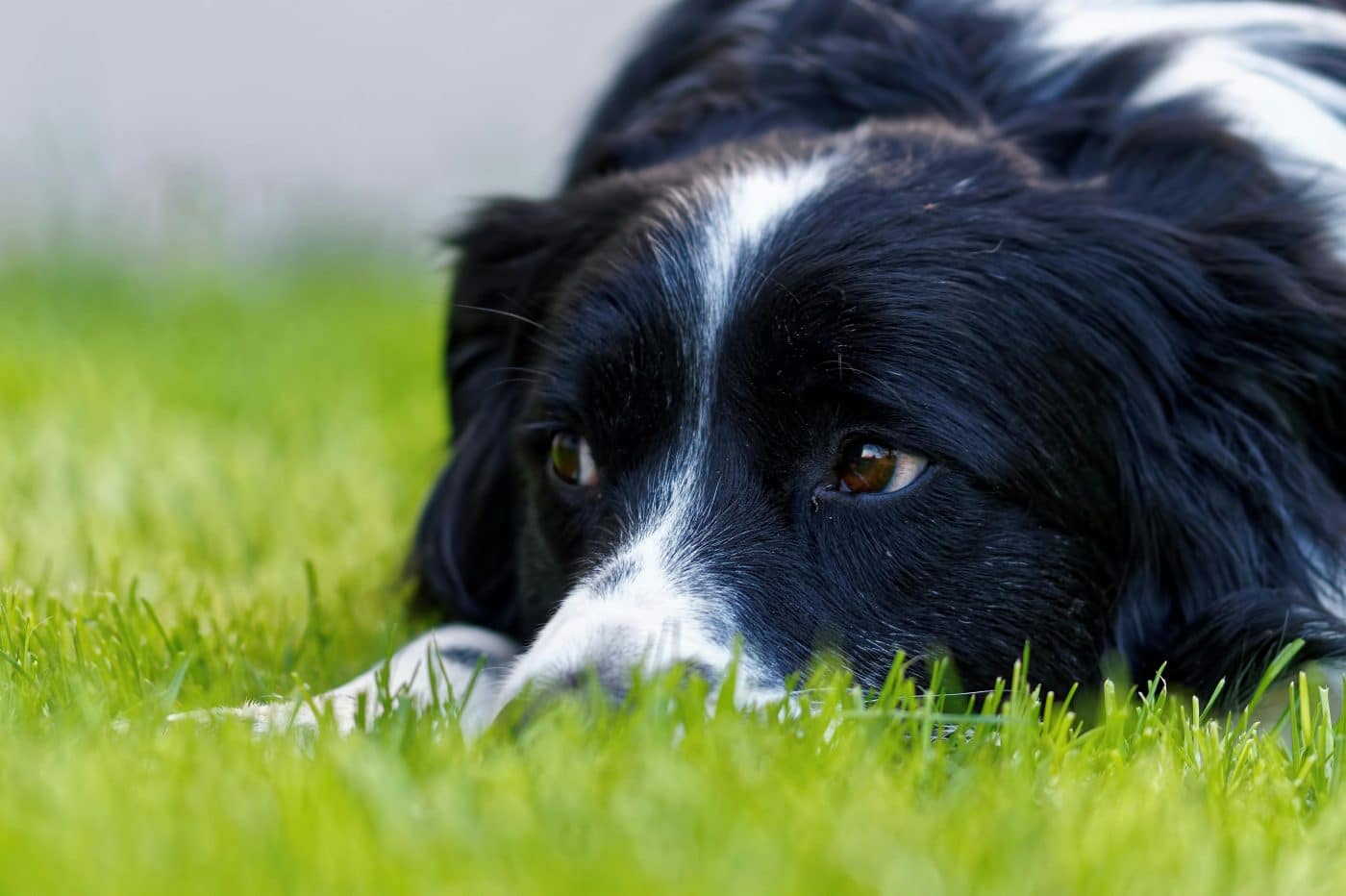 Shutterstock
Shutterstock
Dogs have surprisingly good memories, especially regarding experiences that scare them. If your dog suddenly refuses to go on walks, avoids certain areas, or seems nervous around specific people, they might be reacting to something that happened previously. A bad interaction with another dog, a loud noise in a particular spot, or even an accidental injury during play could make them hesitant. Being patient and using positive reinforcement can help rebuild their confidence.
Aging and Cognitive Changes
 Shutterstock
Shutterstock
As dogs get older, their behavior naturally changes. Senior dogs may become less playful, more irritable, or even forgetful. Some dogs experience canine cognitive dysfunction (similar to dementia in humans), which can cause confusion, restlessness, and changes in sleep patterns. Aging could be the reason if your older pup suddenly seems disoriented or more anxious. Providing a comfortable environment, gentle exercise, and mental stimulation can help them adjust.
A Sudden Dietary Issue
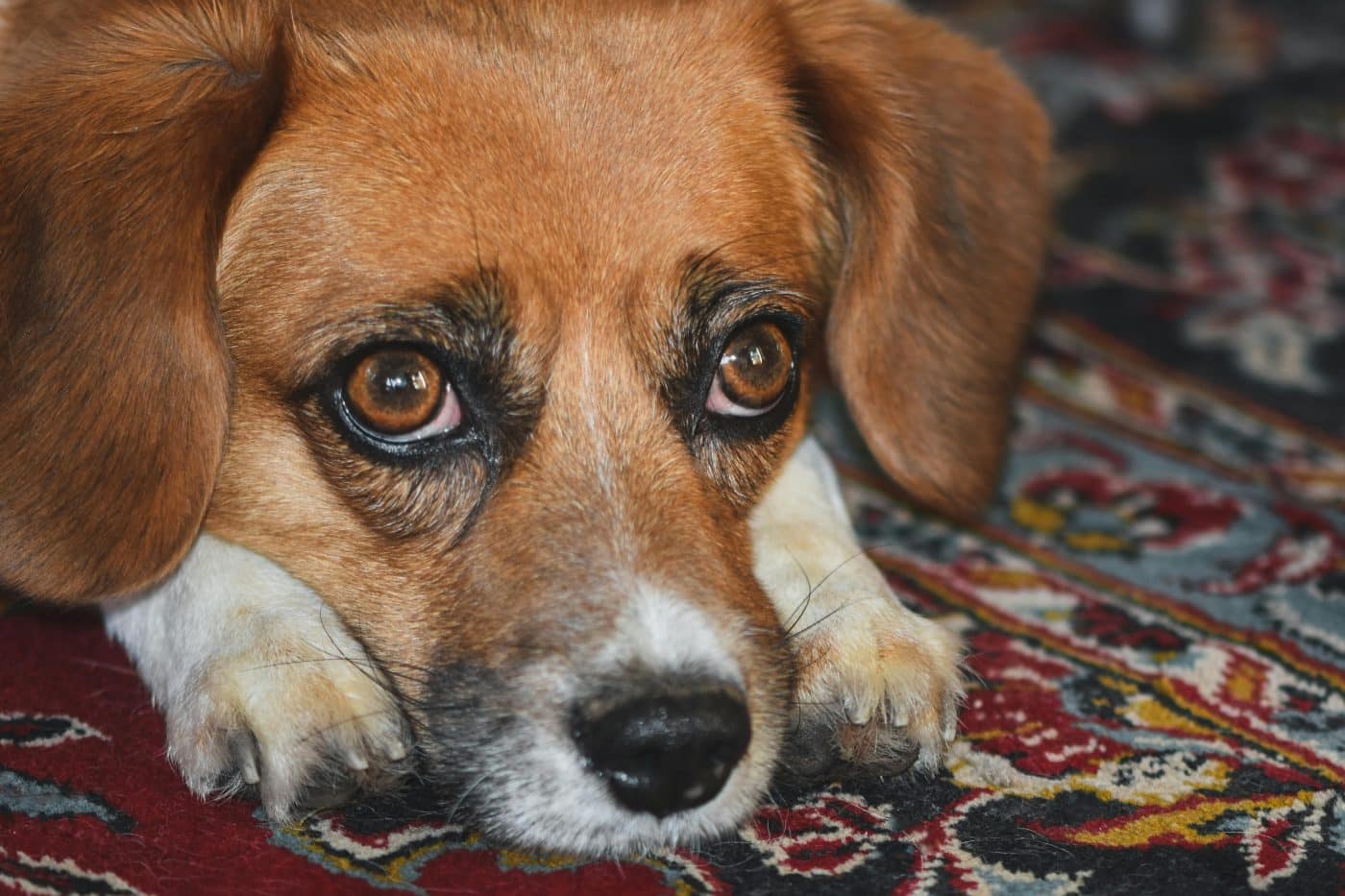 Shutterstock
Shutterstock
Believe it or not, what your dog eats can impact their behavior. A new food treat that doesn’t agree with them, or even an upset stomach from sneaking something off the floor, can cause them to act differently. Some food ingredients can lead to hyperactivity, while others may cause sluggishness. If your dog’s behavior shift coincides with a diet change, consider whether their food is the culprit. Adjusting their diet or consulting a vet can help bring them back to their usual self.
Dogs Know Something You Don’t, And They’re Keeping It Hush-Hush!
 MidJourney
MidJourney
If your dog is suddenly acting differently, don’t panic—there’s always a reason behind their behavior, even if it’s not immediately obvious. Whether it’s stress, boredom, a health issue, or something only they can sense, they rely on you to figure it out. Paying attention to subtle changes, adjusting their routine, or giving them extra care can make all the difference. So, wear your detective hat, be patient, and show them a little extra love. No matter how mysterious their behavior is, they’re still your loyal best friend!

 3 weeks ago
19
3 weeks ago
19


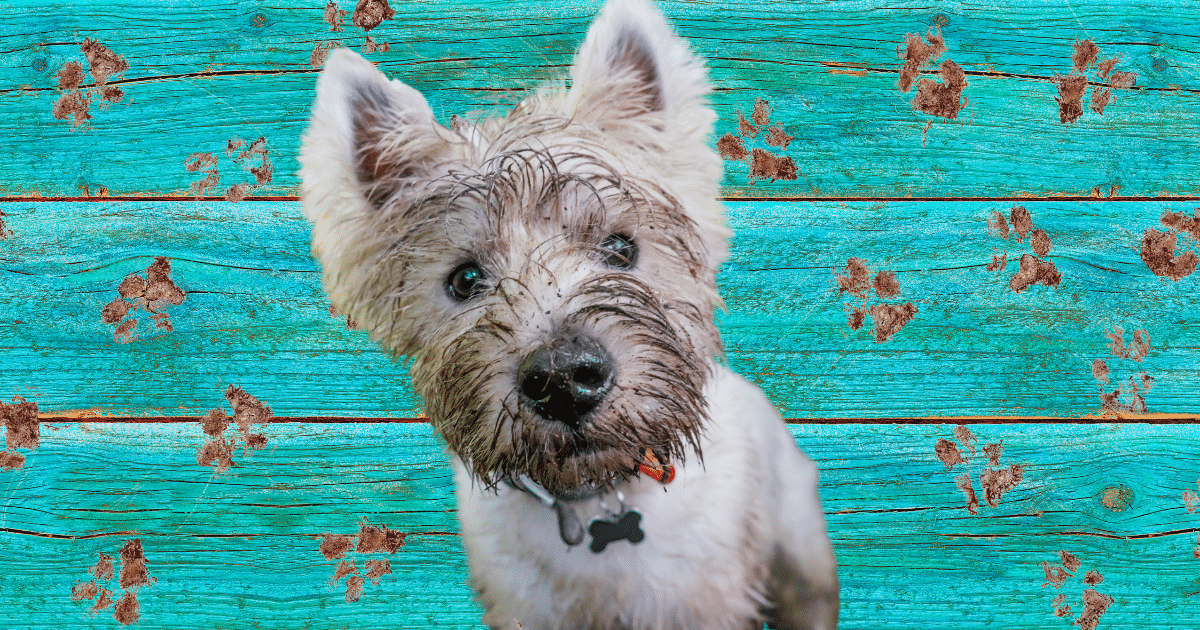

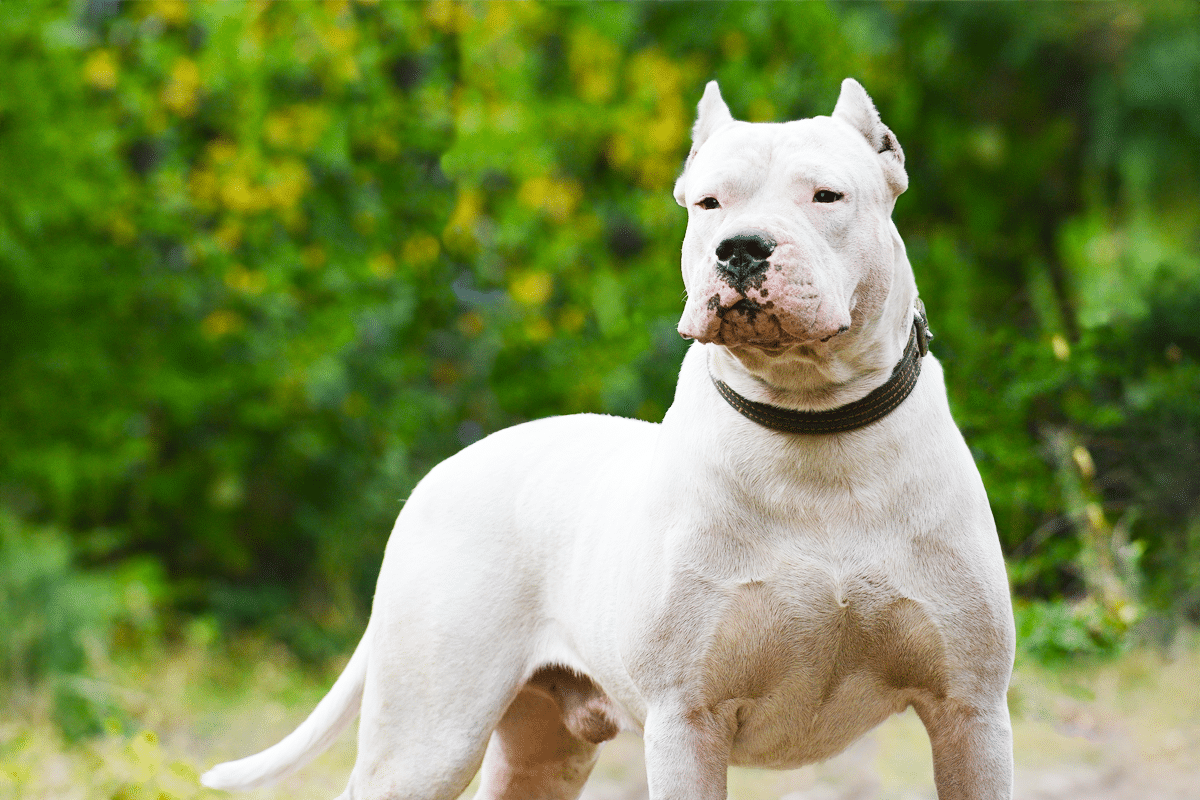
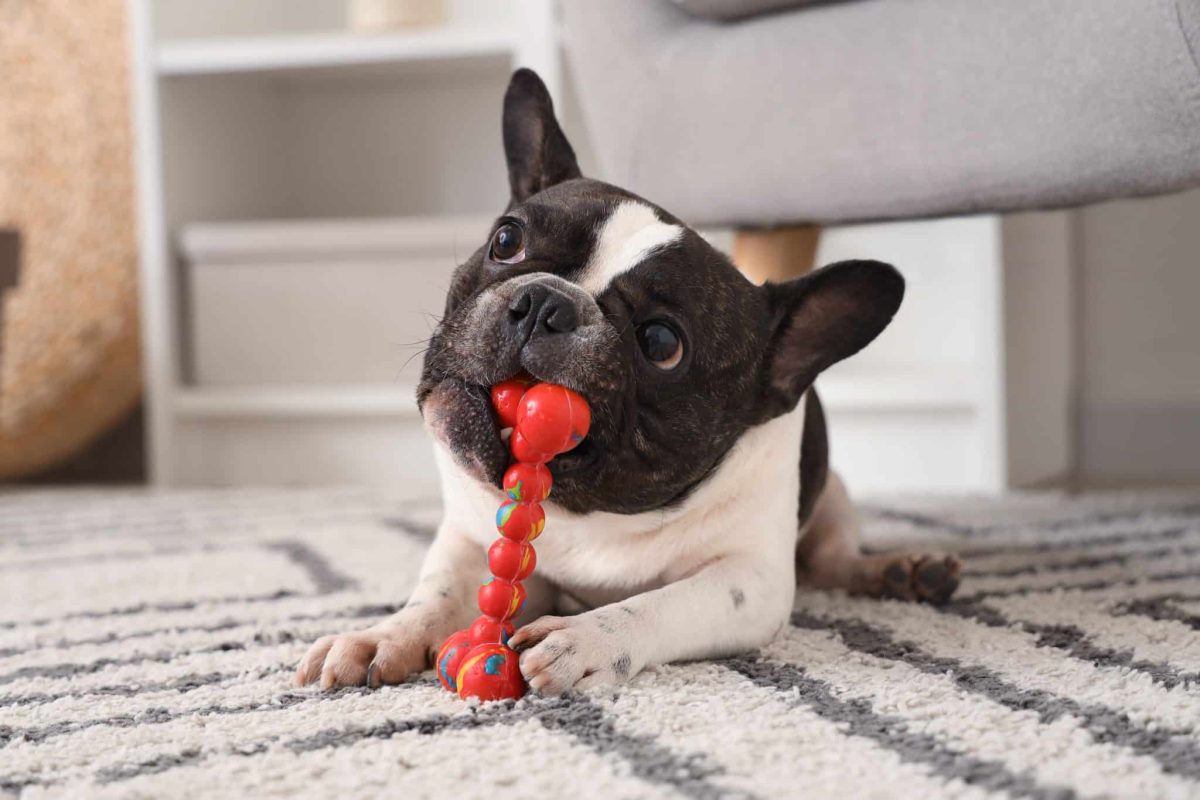


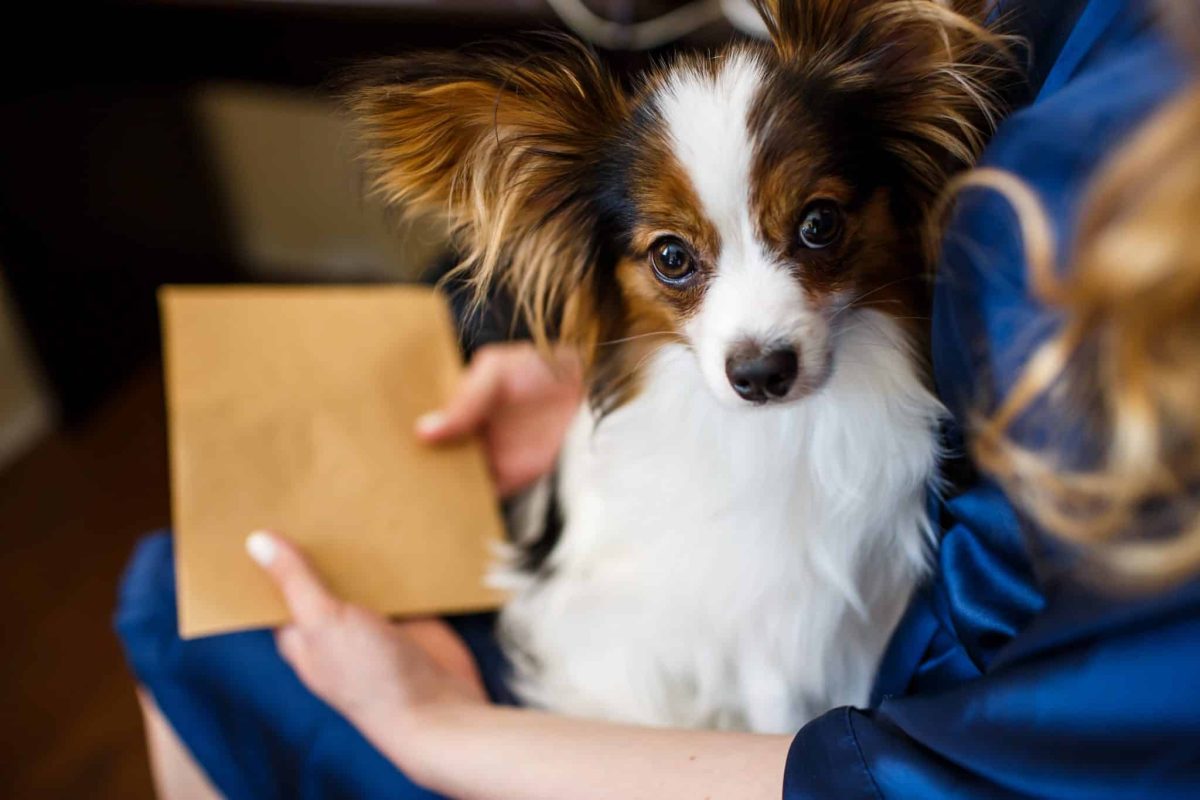









 English (US) ·
English (US) ·